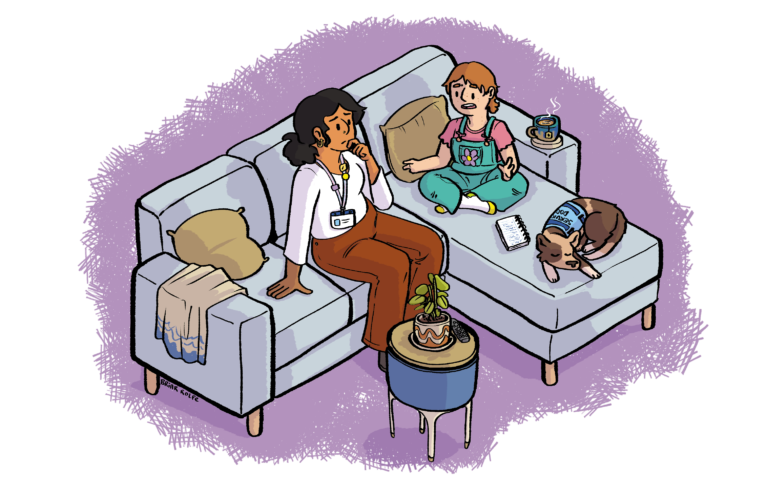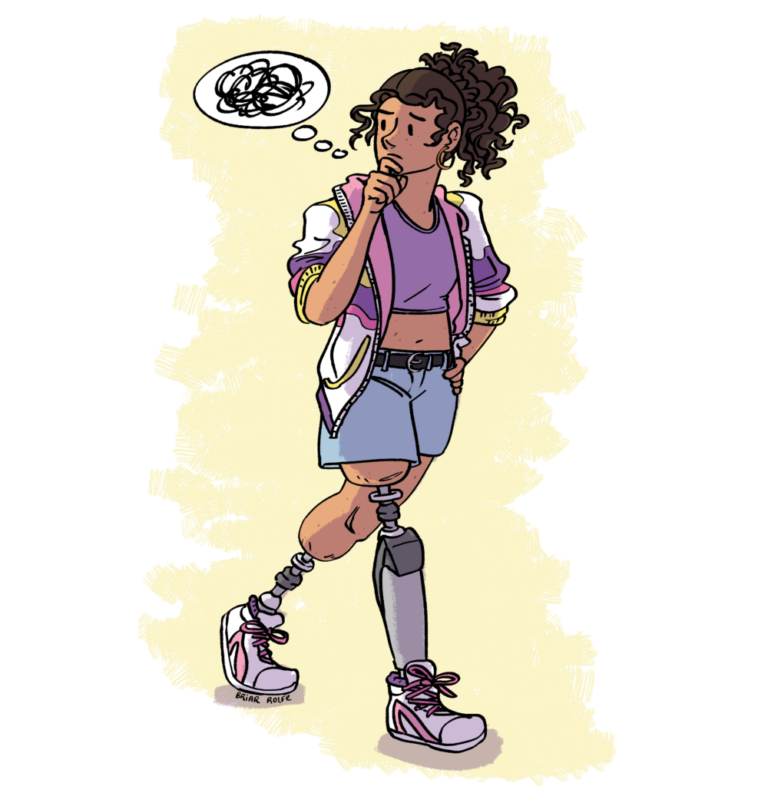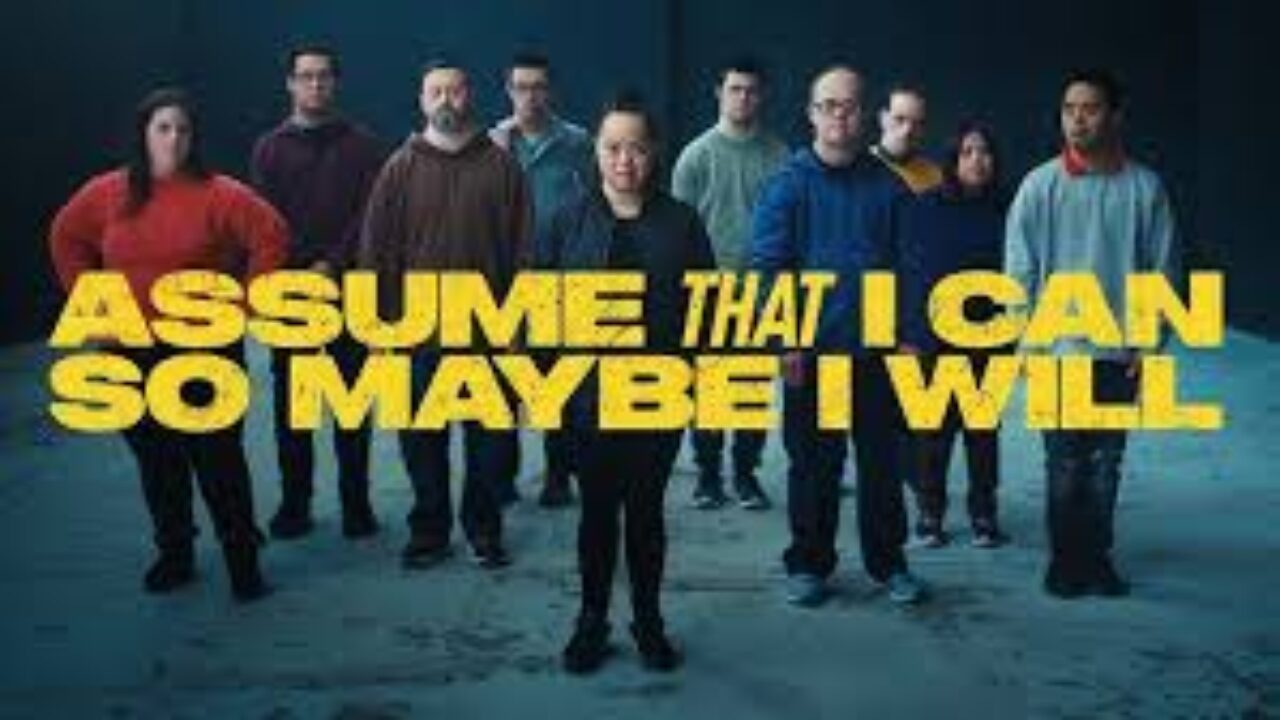Disabled young people have shared what helps them feel more empowered and confident to raise concerns—especially when something isn’t right with their NDIS supports or services.
As a provider or support worker, you play a key role in creating an environment where young people feel safe, respected, and heard. Here are some practical ways to support them:
-
Check in with the young person first. Before scheduling meetings or making decisions, talk to them directly. This gives them a sense of control and ownership over their support.
-
Trust that the young person knows their needs best. Young people are the experts in their own lives. Listen to what they say they need.
-
Avoid stepping in unless asked. Support their independence by letting them take the lead. Only intervene when they ask for help.
-
Respect different ways of problem-solving. Even if their approach isn’t what you’d choose, back their ideas and encourage their confidence.
-
Own your mistakes. If you say or do something disempowering, acknowledge it. Let the young person know you’re listening and committed to doing better.
Empowering young people to speak up strengthens their confidence, upholds their rights, and leads to better, more person-centred support.


